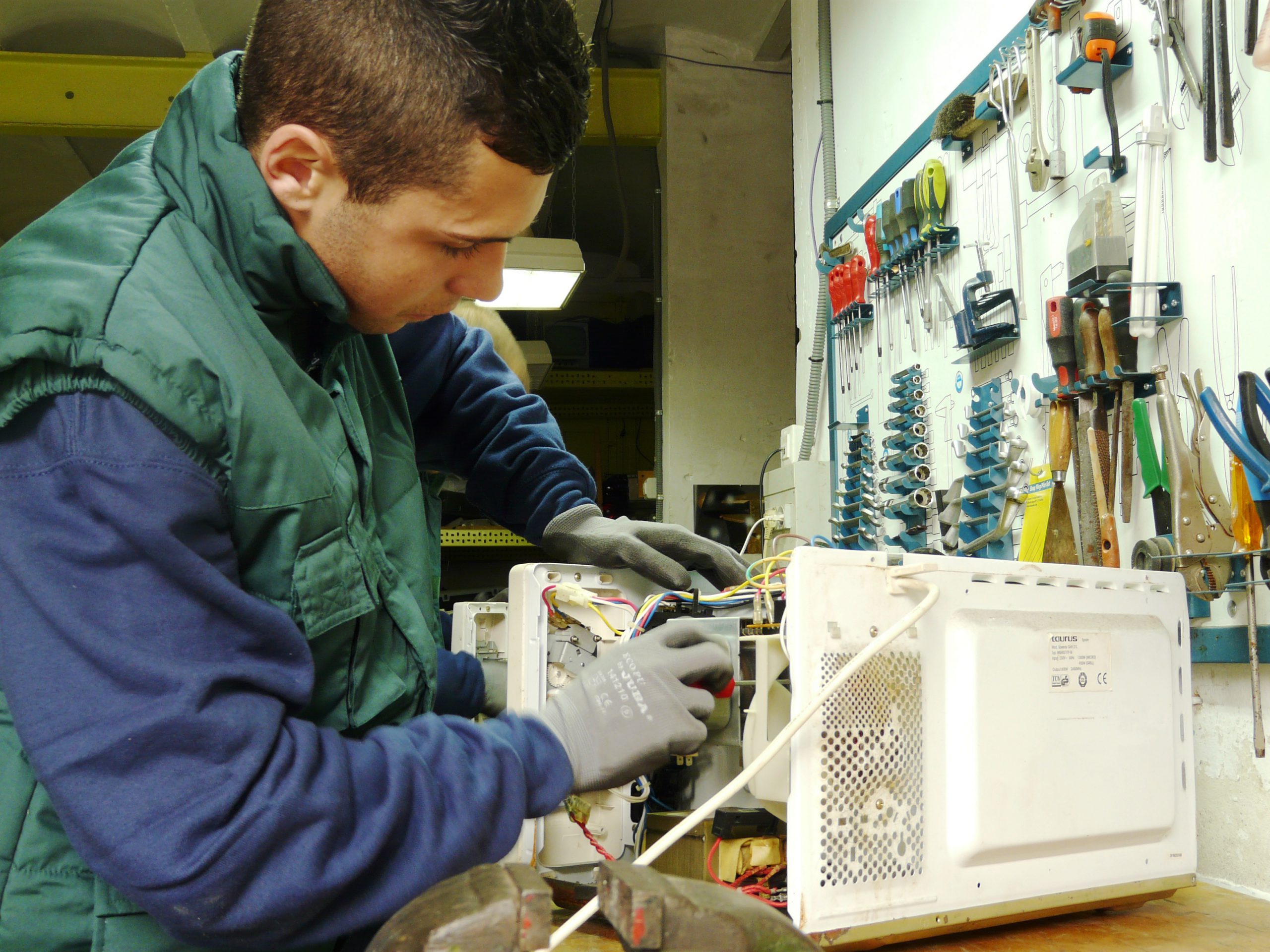Extended Producer Responsibility (EPR) is a tool placing responsibility on producers, importers and retailers to financially and/or physically manage the post-consumer phase of certain goods. EPR aims to prevent the unnecessary production of waste, manufacture better designed goods and participate in the achievement of waste collection, prevention, preparing for re-use and recycling targets.
Various EPR models have developed organically across European countries, including France which covers the largest amount of waste streams (including textiles, furniture, and leisure equipment among others). In this context, distortion of the internal market may occur. This is why EU wide minimum requirements for EPR have been included within the updated Waste Framework Directive (WFD) published in 2018.
In addition to waste streams such as WEEE where EPR is mandatory at EU level and high re-use potential exists, the new Circular Economy Action Plan (CEAP) also indicates that EPR for textiles should be considered at EU level. However, according to the experience of RREUSE members, practical implementation of EPR often conflicts with the waste hierarchy, prioritising recycling over re-use. Unfortunately, this usually limits the role that re-use operators, notably those from the social economy, play in implementing EPR.
To counter this trend, this paper provides a number of practical suggestions as to how EPR, for example, if applied to household goods such as furniture, textiles and electronics, can better support re-use and waste prevention notably through targets, access to re-useable goods and encouraging better product design. This paper also explains how EPR can create and preserve local and green jobs by involving experienced social economy enterprises in the implementation of waste prevention and management policies. It must be emphasised that the demands included in this paper can also apply to national or regional waste prevention and management programmes, even when developed independently from EPR schemes.
Given that each waste stream has its own specificities, the ideas presented here should be viewed as a horizontal framework rather than a comprehensive analysis of how EPR should be implemented for each stream.
Summary of key points
EPR must enforce implementation of waste hierarchy through:
a) Prioritising and financing re-use and preparing for re-use activities through further incentives including quantitative targets
b) Granting priority access to discarded re-usable products to preparing for re-use operators
c) Setting strong eco-design measures alongside modulation of EPR fees
EPR must foster relations between Producer Responsibility Organisations (PROs) and social economy re-use operators through:
a) Thorough impact assessments related to EPR impacts on the re-use and preparing for re-use sectors
b) Inclusion of social economy actors in the development and governance of EPR schemes
c) Not making the concept of “necessary costs” disadvantage
Download the full publication here (PDF)
Picture credit © Solidança


